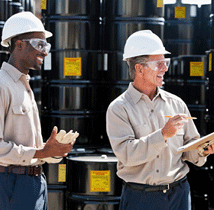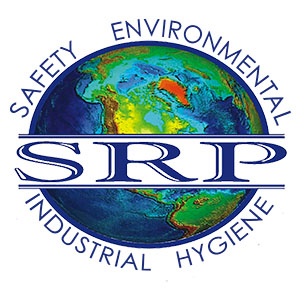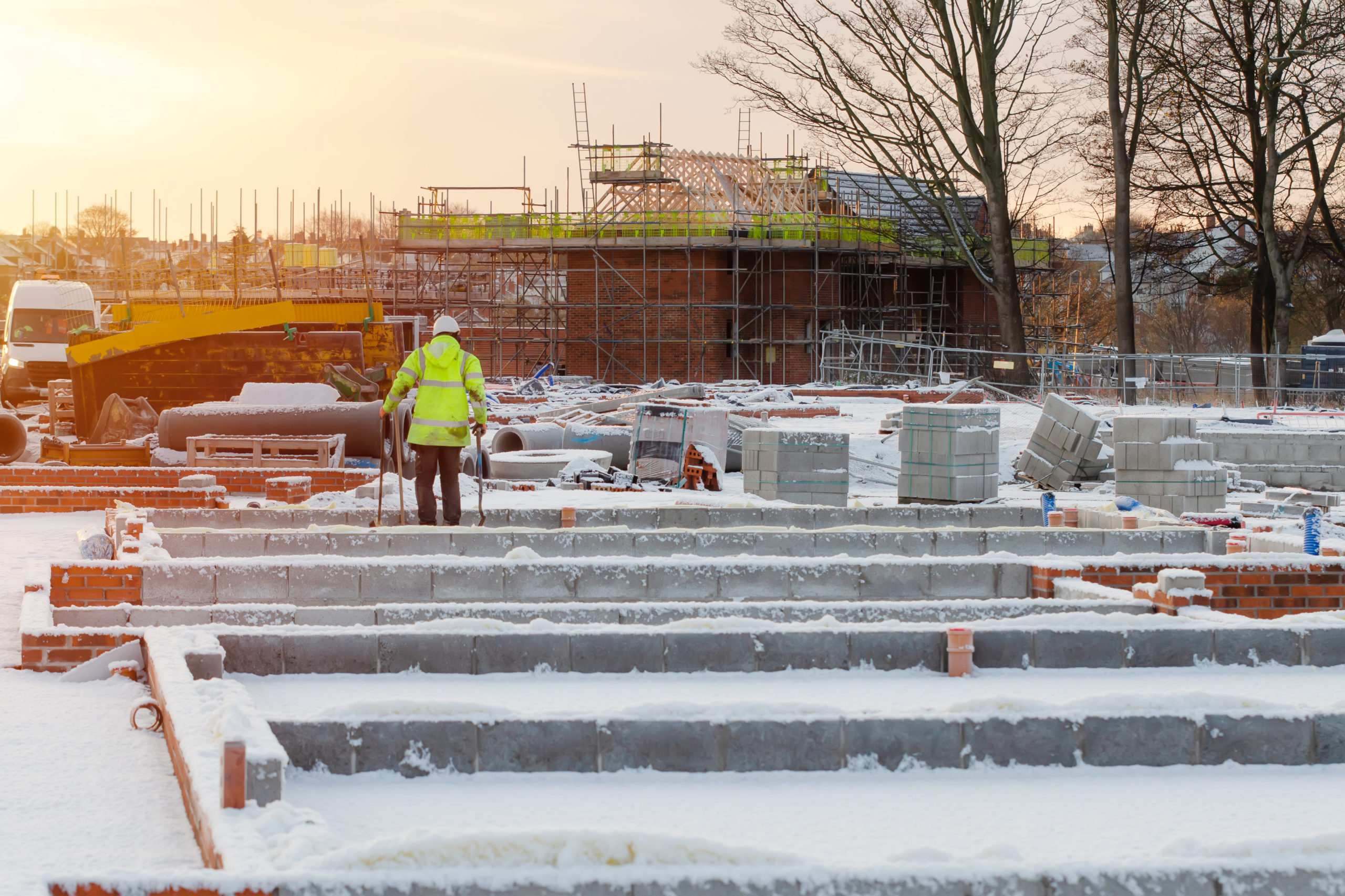Over the last 6 months or so, SRP has noticed major changes in EPA regulations. Industry must now work harder than ever to eliminate the chance for pollutants to enter the environment and to stay in environmental compliance.
Here is a recap of 5 major changes that inspectors will be looking for.
- Stormwater Runoff at Construction Sites. The new Construction General Permit (CGP) won’t go into effect until March 2017, but it’s a good idea to start implementing new procedures to ensure compliance. Common items found a construction site, like paint, caulk or debris, will be checked for hazardous chemicals. Additionally, these items should not be able to be washed off site. Dirt and debris piles will need to remain secure and covered if they won’t be used for more than two weeks. Lastly, any construction activities performed on an acre or more are subject to stormwater permits.
Read More About the Construction General Permit
- Risk Management Plans Are a Must. Facilities
 should already have protocols in place in case of an accidental release, as well as policies in place to prevent hazardous chemical releases. Key changes will be conducting a root-cause analysis after a chemical release, hiring a third-party audit, and coordinating with emergency responders on an annual basis.
should already have protocols in place in case of an accidental release, as well as policies in place to prevent hazardous chemical releases. Key changes will be conducting a root-cause analysis after a chemical release, hiring a third-party audit, and coordinating with emergency responders on an annual basis.
Read More About Changes to Risk Management Programs
- New Definition of Solid Waste. EPA released a new revision of the Definition of Solid Waste (DSW) rule in order to provide protection against mismanagement of hazardous materials that are intended for recycling. DSW omitted the transfer based exclusions and added a verified recycler exclusion: the “new provision requires that all hazardous materials recyclers operating under this provision have RCRA permits that address the materials, or obtain a variance prior to operating under the exclusion.” (EPA.gov)
- Underground Storage Tank Compliance. The EPA released new compliance regulations that took affect in April of 2016. Tanks and piping must have secondary containment to hold leaks, overfills and spills. Other requirements include mandatory yearly inspections and maintenance beginning in October of 2018.
- Equipment Issues May Cause Higher Fines. Now, 36 states have removed exemptions pertaining to the startup, shutdown and malfunction of equipment from their permits. If a company exceeds air permit limits due to equipment issues, there will no longer be any leeway for violations.
There’s always new changes being proposed, which makes it difficult for companies to remain in compliance. If you have questions about environmental compliance, contact an SRP Environmental Consultant today. Call our headquarters at (318) 222-2364 or visit us online. We have seven convenient locations in Charlotte, Dallas, Denver, Honolulu, Midland, Shreveport and Pittsburgh. Located elsewhere? Let SRP come to you.

 ">
">
 ">
">